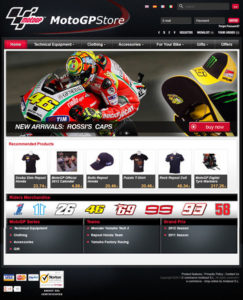Excerpts from my latest article at NBC 5 Chicago’s Inc. Well blog: “SEO Conversion Challenges: When Every Page is a Landing Page.”
Searchers aren’t like your other online customers. As a result, converting searchers to customers requires a different way of thinking.
Sites are typically designed with a series of paths or funnels in mind. Customer A starts at the homepage, wants to buy Product Z and click click click — there’s your path to purchase. This path assumes a single start and finish, with each page along the way contributing to the experience and the customer’s decision-making process. This is the way it works for direct traffic customers — folks typing in your domain.
Or the customer may interact with an email newsletter, display ad or paid search ad that makes a promise and delivers a specific landing page designed to fulfill that promise.
With organic search, you can’t control which page the customer lands on in the same way. For many of them, this will be their first experience with your site and possibly your brand. Customers from organic search know what they want and ask a search engine to find it for them. Then they drop into your site on any page the search engine feels is relevant to that query. That makes every page on your site a landing page with the responsibility of engaging and converting customers….
Read the article in full at Inc. Well » “SEO Conversion Challenges: When Every Page is a Landing Page.”

Originally posted on Web PieRat.


 Every now and then an ecommerce site raises its hand for an “SEO Report Card” at Practical eCommerce. It’s a great way for the site to get some free advice and a good link, and an interesting way to give Practical eCommerce readers some, well, practical tips on how we’d handle SEO challenges with real ecommerce sites. Today’s volunteer is the
Every now and then an ecommerce site raises its hand for an “SEO Report Card” at Practical eCommerce. It’s a great way for the site to get some free advice and a good link, and an interesting way to give Practical eCommerce readers some, well, practical tips on how we’d handle SEO challenges with real ecommerce sites. Today’s volunteer is the 